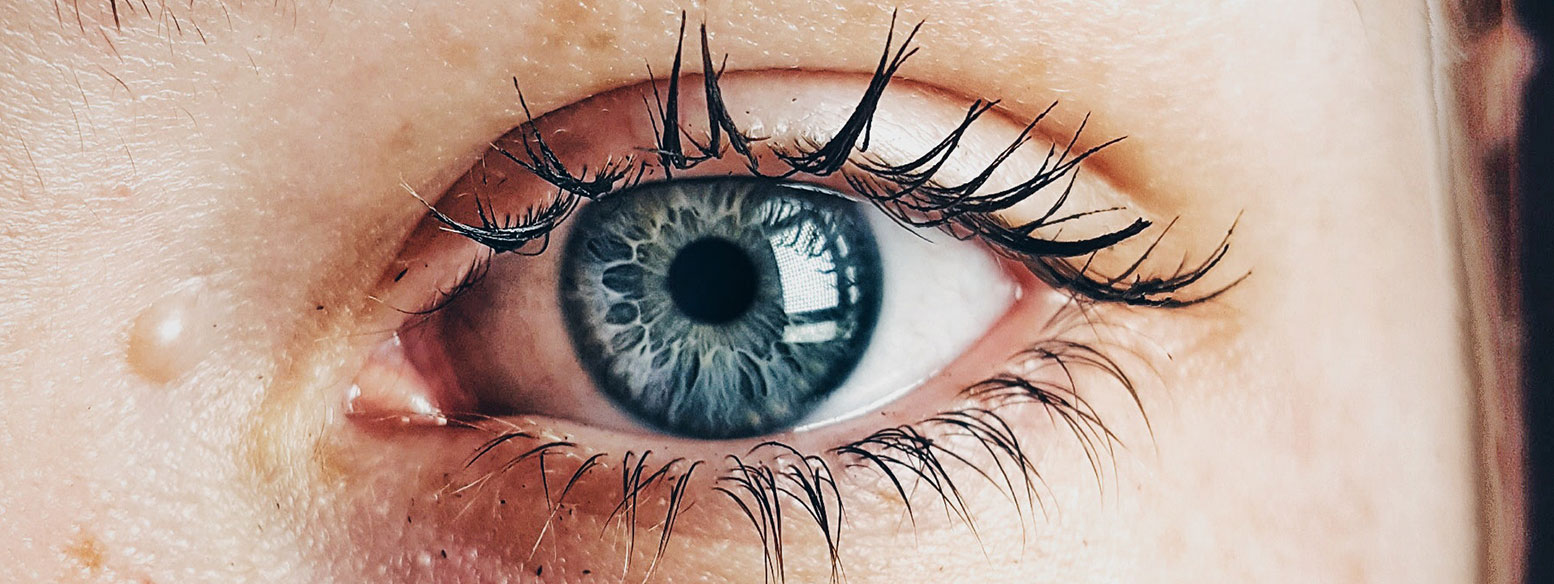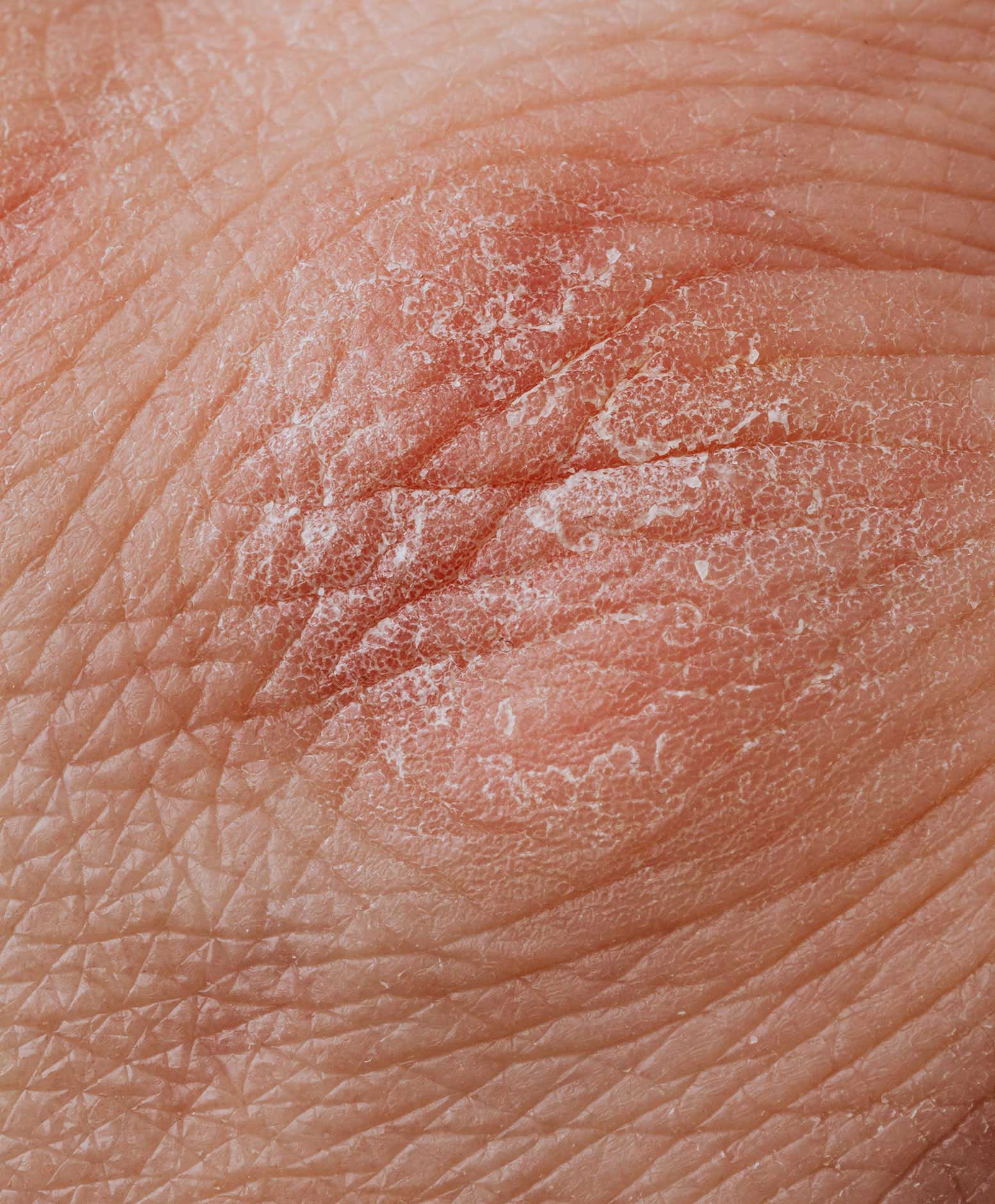S Skincare Tips and Routines
Skincare for Different Skin Types: Tailoring Your Routine for Healthy, Radiant Skin
By
Beauty Doctor MD October 3, 2023

Our skin is as unique as we are, and understanding your specific skin type is the first step in achieving healthy, radiant skin. Whether your skin is oily, dry, sensitive, or a combination of these, a personalized skincare routine is crucial for maintaining and enhancing its overall health and appearance. In this comprehensive guide, we will explore the characteristics and challenges of different skin types and provide expert recommendations on how to care for each.

Understanding the Four Main Skin Types
- Oily Skin:
- Characteristics:
- Excess oil production, especially in the T-zone (forehead, nose, and chin).
- Enlarged pores.
- Prone to acne, blackheads, and whiteheads.
- Skin may appear shiny and feel greasy throughout the day.
- Skincare Recommendations for Oily Skin:
- Use a gentle foaming or gel cleanser twice daily to remove excess oil and prevent clogged pores.
- Incorporate a salicylic acid-based exfoliant 2-3 times a week to unclog pores and reduce acne.
- Apply an oil-free, non-comedogenic moisturizer to keep the skin hydrated without adding excess oil.
- Use a lightweight, oil-free sunscreen with at least SPF 30 daily to protect against sun damage.
- Consider using products containing niacinamide or hyaluronic acid to control oil production and maintain skin balance.
- Dry Skin:

- Characteristics:
- Skin feels tight, rough, or flaky.
- Redness or irritation may be present.
- Pores are less visible.
- Prone to fine lines and wrinkles due to reduced moisture.
- Skincare Recommendations for Dry Skin:
- Use a gentle, hydrating cleanser to avoid further drying out the skin.
- Incorporate a rich, moisturizing cream or ointment to provide intense hydration.
- Choose a sunscreen with added moisturizers and antioxidants to protect against UV damage.
- Use a humidifier in dry indoor environments to add moisture to the air.
- Look for skincare products containing ingredients like hyaluronic acid, ceramides, and glycerin to lock in moisture.
- Sensitive Skin:
- Characteristics:
- Easily irritated or inflamed.
- May experience redness, burning, itching, or stinging.
- Prone to allergic reactions or skin conditions like eczema or rosacea.
- Reacts negatively to many skincare products or ingredients.
- Skincare Recommendations for Sensitive Skin:
- Opt for a fragrance-free, hypoallergenic cleanser to minimize irritation.
- Choose skincare products with minimal ingredients and avoid those with potential allergens.
- Perform a patch test when trying new products to check for adverse reactions.
- Apply a gentle, soothing moisturizer with ingredients like aloe vera or chamomile.
- Use a broad-spectrum sunscreen with physical blockers like zinc oxide or titanium dioxide.
- Combination Skin:
- Characteristics:
- Different areas of the face may exhibit different skin types (e.g., oily T-zone and dry cheeks).
- Pores may appear enlarged in the T-zone.
- Prone to occasional breakouts and dry patches.
- Skincare Recommendations for Combination Skin:
- Use a mild, balanced cleanser to avoid over-drying or over-moisturizing any specific area.
- Consider a salicylic acid-based exfoliant for the T-zone to manage excess oil and clogged pores.
- Apply a lightweight, oil-free moisturizer to the T-zone and a richer moisturizer to dry areas.
- Use sunscreen daily to protect all skin areas.
- Tailor your skincare routine by using specific products for different areas of your face as needed.
Universal Skincare Practices for All Skin Types:
Regardless of your skin type, certain skincare practices are beneficial for maintaining skin health:
- Sunscreen: UV radiation is a common factor in skin aging and damage. Protect your skin with a broad-spectrum sunscreen with at least SPF 30, and reapply every two hours when exposed to the sun.
- Hydration: Staying hydrated from within by drinking enough water is essential for all skin types. Proper hydration helps maintain skin elasticity and overall health.
- Gentle Cleansing: Avoid harsh or overly abrasive cleansers that can strip the skin of its natural oils. Opt for gentle, pH-balanced cleansers suitable for your skin type.
- Patch Testing: Before introducing new skincare products, perform a patch test on a small area of skin to check for adverse reactions or allergies.
- Avoiding Harsh Ingredients: Stay away from skincare products that contain harsh ingredients like alcohol, sulfates, or fragrances, as they can irritate the skin.
- Consistency: Consistency is key in skincare. Stick to your routine and give products time to show results, as skincare benefits often take time to become noticeable.
- Professional Guidance: When in doubt or dealing with specific skin concerns, consult a dermatologist or skincare professional for personalized advice and treatments.
Conclusion
Caring for your skin should be a personalized and ongoing process. By understanding your specific skin type and its unique needs, you can tailor your skincare routine to achieve and maintain healthy, radiant skin. Remember that consistency, patience, and a holistic approach to skincare—including lifestyle factors like hydration and sun protection—are key to achieving your desired results. With the right knowledge and commitment, you can unlock the secrets to youthful and beautiful skin, regardless of your skin type.


